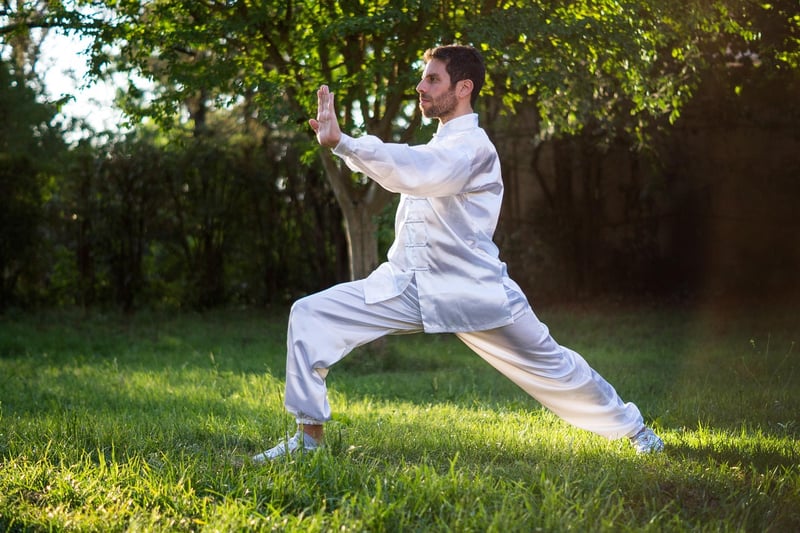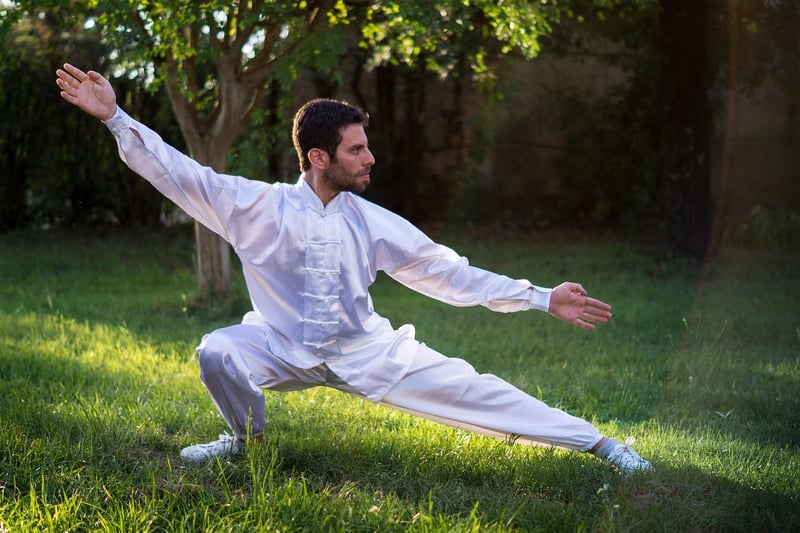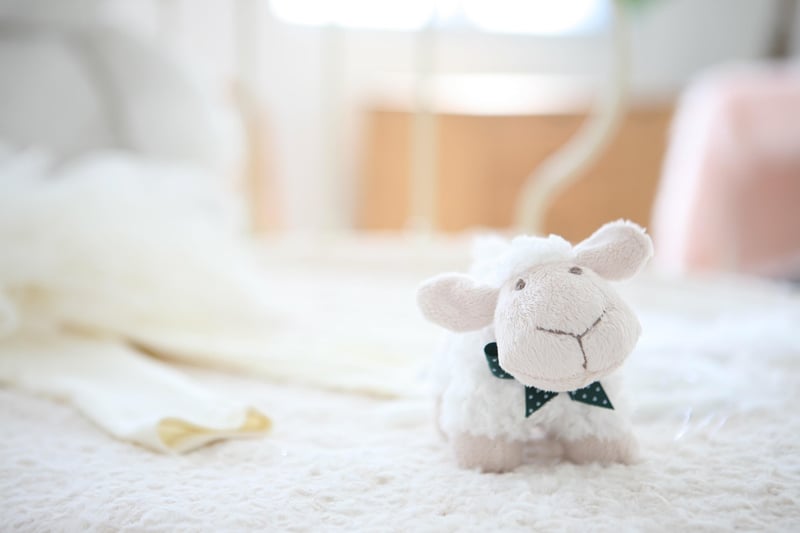Yang Style
The Art of Tai Chi Chuan: Exploring the Yang Style

Tai Chi Chuan, also known as Taijiquan, is a traditional Chinese martial art that embodies the principles of balance, harmony, and internal energy cultivation. Within the realm of Tai Chi Chuan, the Yang Style stands out as one of the most widely practiced and revered forms.
Origins of the Yang Style
The Yang Style was founded by Yang Luchan in the early 19th century and has since become one of the most popular styles of Tai Chi Chuan worldwide. Known for its slow, graceful movements and emphasis on relaxation and internal strength, the Yang Style is often practiced for health benefits as well as self-defense.
Key Principles of the Yang Style
- Slow and Fluid Movements: Practitioners of the Yang Style focus on executing movements with precision and grace, promoting relaxation and mindfulness.
- Qi Flow: Emphasis is placed on cultivating and circulating internal energy (Qi) throughout the body to enhance overall well-being.
- Balanced Posture: Maintaining a stable and centered posture is essential in the Yang Style to develop strength and coordination.
- Softness Overcomes Hardness: The philosophy of using softness and yielding to overcome force and aggression is a fundamental aspect of the Yang Style.
Benefits of Practicing the Yang Style
Regular practice of the Yang Style Tai Chi Chuan offers a myriad of benefits, including:
- Improved balance and coordination
- Enhanced flexibility and joint health
- Reduced stress and anxiety
- Increased energy levels and vitality
- Enhanced focus and mental clarity
- Strengthens muscles and promotes overall well-being

Whether you are seeking a gentle form of exercise, a martial art for self-defense, or a way to promote holistic wellness, the Yang Style of Tai Chi Chuan offers a rich and profound practice that caters to individuals of all ages and abilities.
Embark on your journey into the ancient art of Tai Chi Chuan and discover the transformative power of the Yang Style today!
For more information on the Yang Style and Tai Chi Chuan, visit Tai Chi Central.
